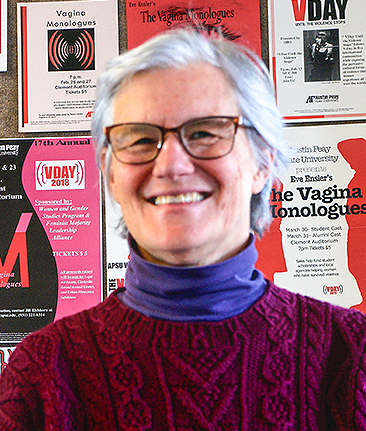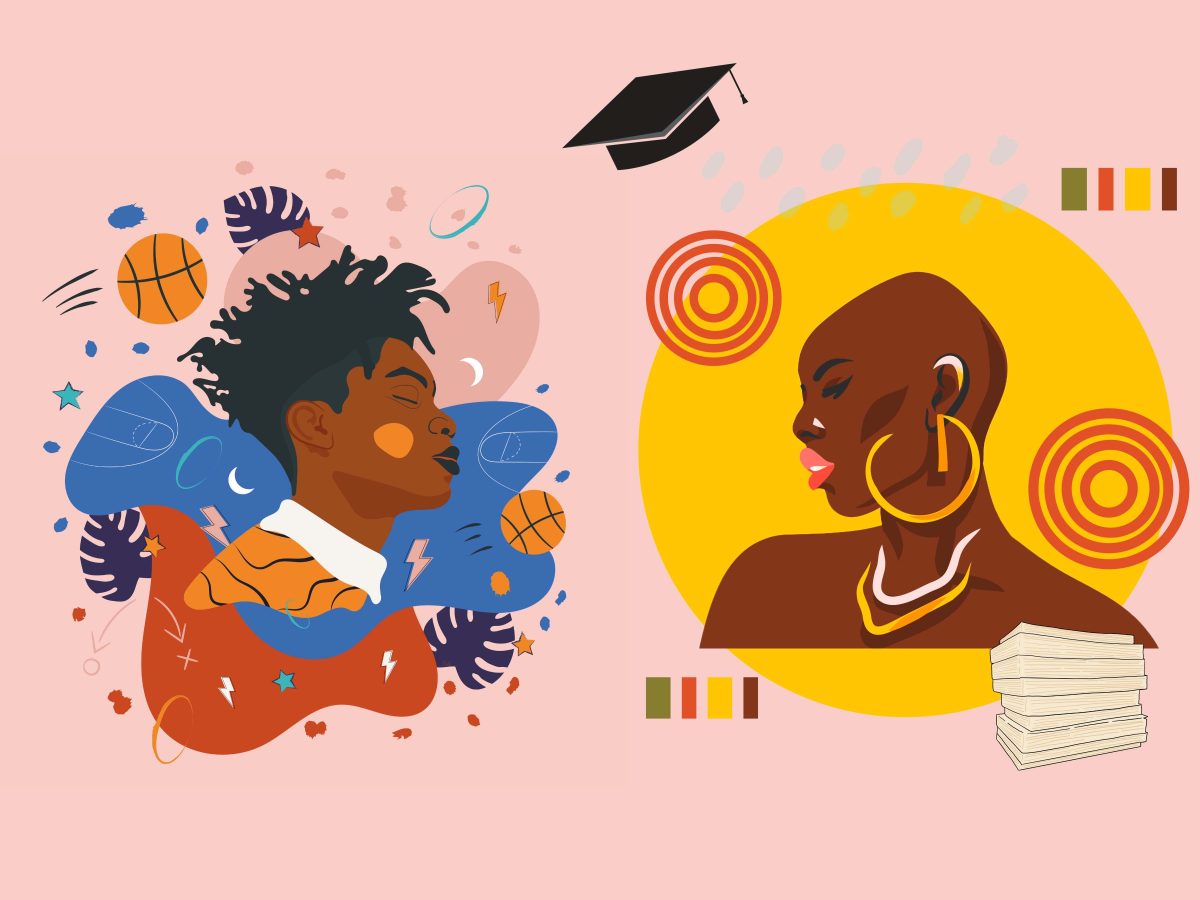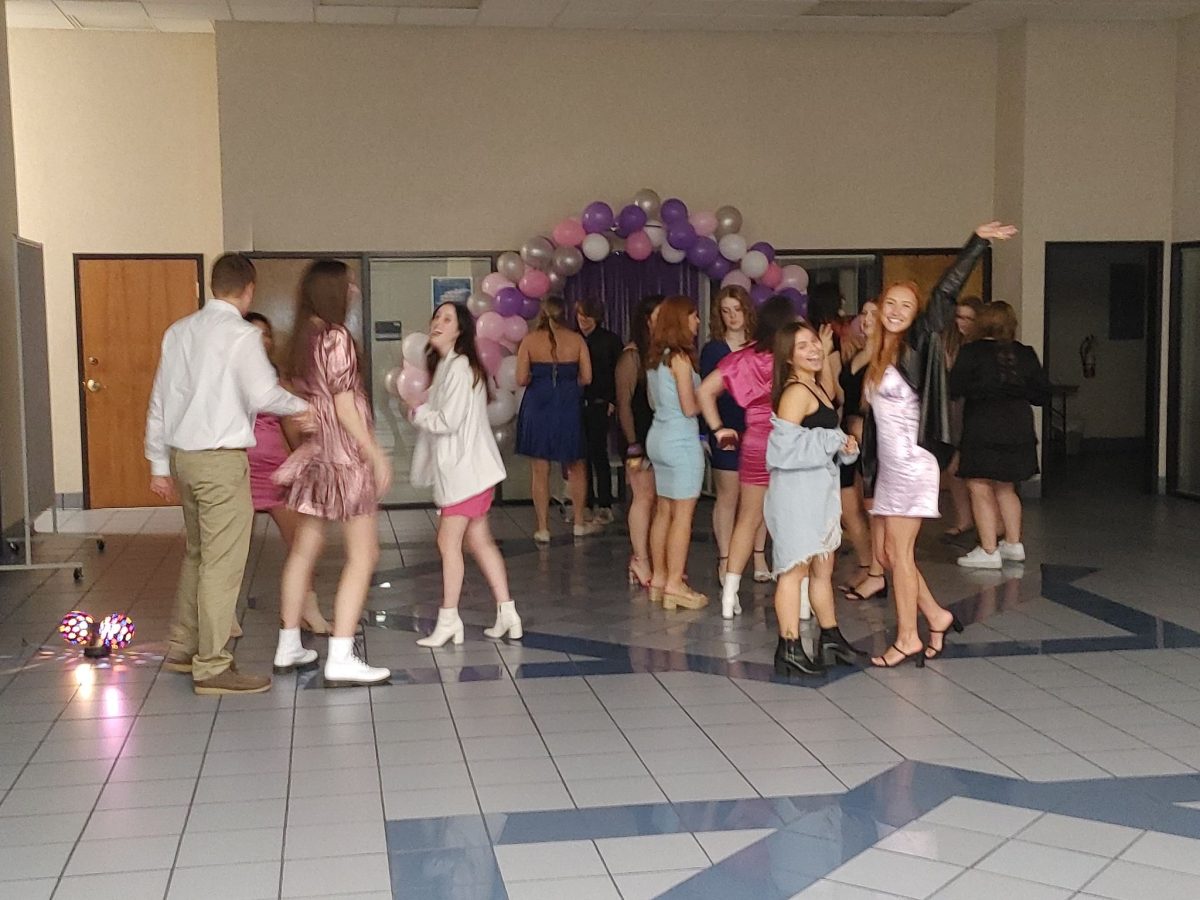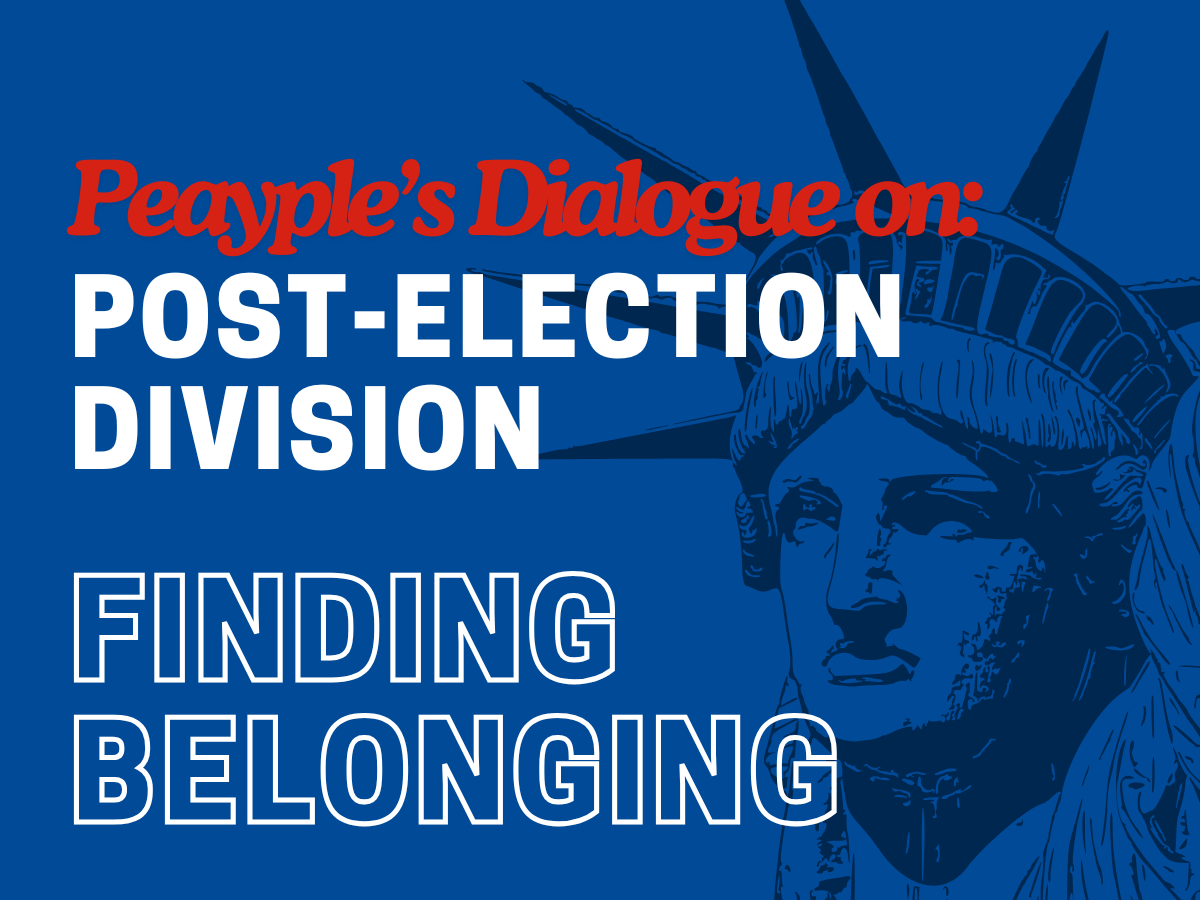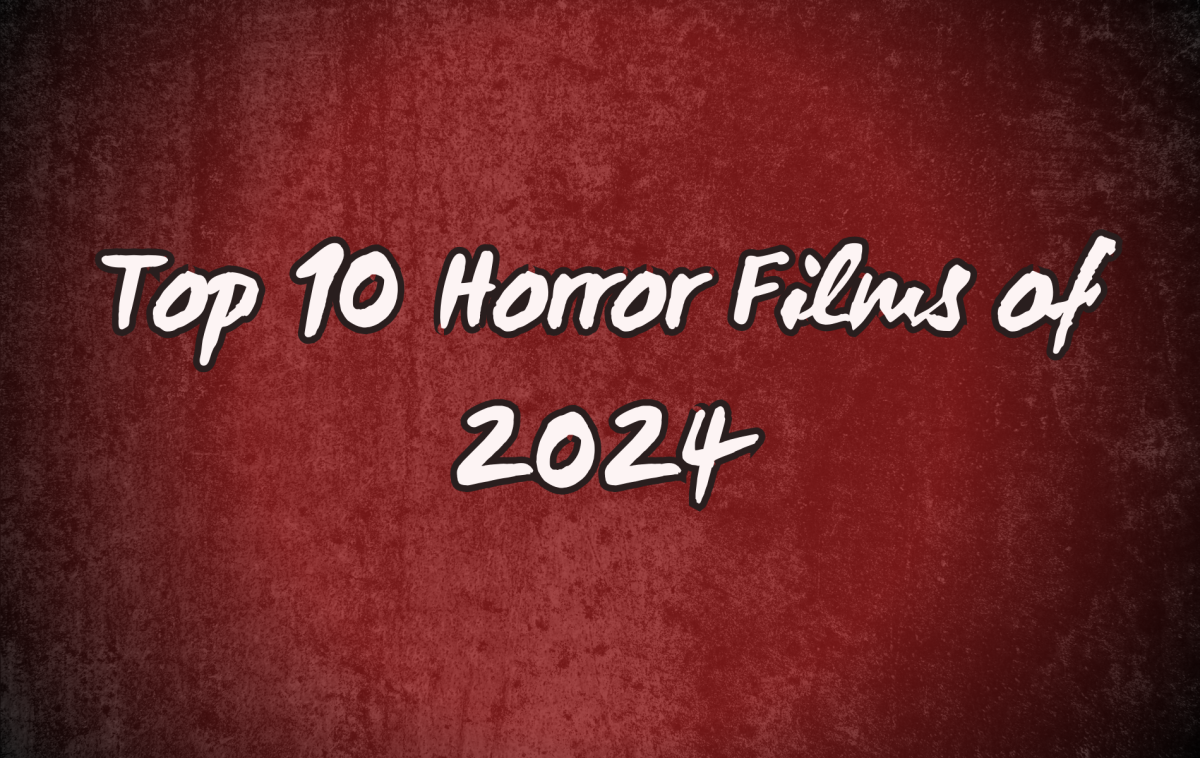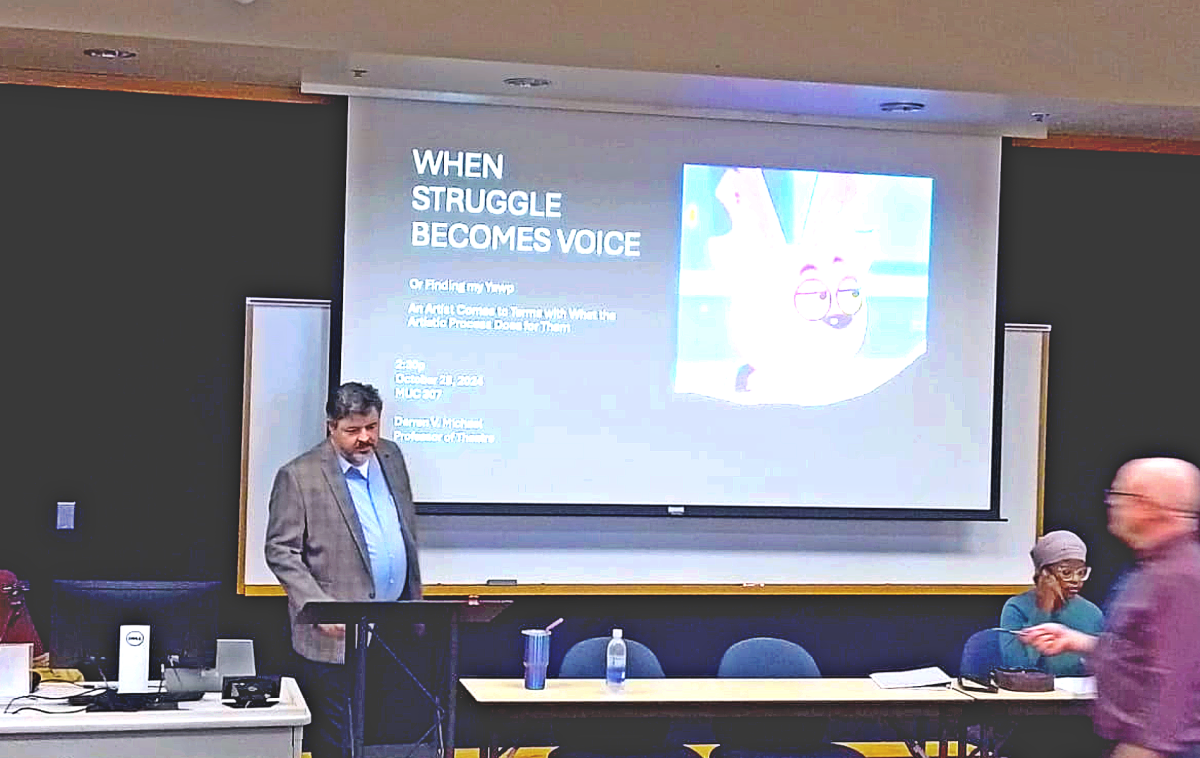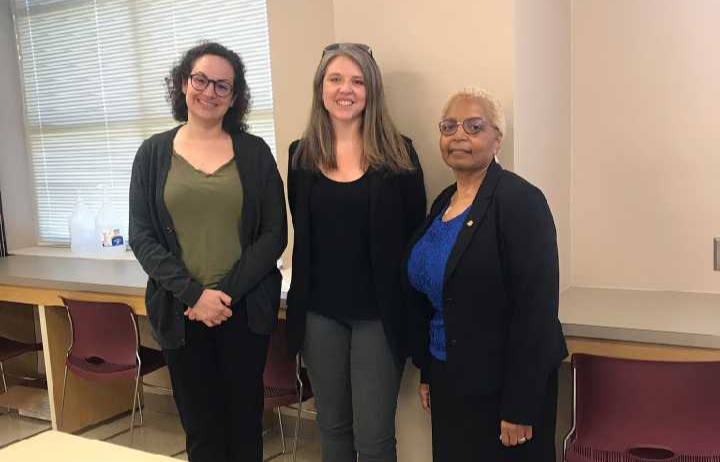On Monday, February 28th, APSU students were invited to participate in a panel for Women’s Empowerment Week known as the Future is Female with guest speaker, Dr. Jill Eichhorn.
Dr. Jill Eichhorn is the coordinator and Associate Professor of Women’s and Gender studies and began directing the program in Spring Semester 1999.
Upon arrival students and faculty were met with snacks and refreshments within the Morgan University Center to learn about women in media and history and overall why the future is female.
What does it mean when people say the future is female? Dr. Eichhorn explains, “The future is female means to me that we value female feminine qualities in the same way male qualities are valued such as being rational and logical and that we notice that these are human qualities that we are all capable of.”
But to push this way of thinking forward we must rewire the way we are taught. “It is a layer of how we are taught to think in western cultures such as Europe, the United States, and Canada or rather western European. First, we think in dualities and binaries and then we think in hierarchies. So that there is a way that we cannot think of masculine qualities and feminine qualities as equal without one being elevated over the other or one being subordinated.-”
We cannot deny that as a society it is drilled into our heads. It is everywhere: within our media, in our language, and most narratives such as fairy tales. It all starts with what we start to absorb in early adolescence.
Why don’t we learn about women’s contributions in the media? Why are men’s achievements pushed or brought more to light? As previously discussed, a lot of the time women are subordinated politically, economically, and culturally for presenting feminine traits similar to how men are for presenting these traits as well.
Another thing that comes into play is power. Wealth and status have played a part in society since we first began. “ Wealth and material aspects are what people pay attention to but if we talk about power as strength of community and compassion and taking care of each other. If that is where I hope we are headed as a culture then we will continue to unearth more of those histories and stories of women’s contributions.”, says Dr. Eichhorn.
How can we as a society in 2022 strengthen our community and better take care of each other and amplify each other in daily life as well as in the workplace? How can we bring more women’s contributions to light and support each other rather than making things a competition?
Many of these ideas were discussed amongst tables and in groups for students to discuss and share personal experiences of any discrimination or how we can help stand firm in injustice within the workplace.
“Union labor organizing gives us an example of how subordinated groups must collaborate and create coalitions to create an impact on dominant power structures.”
The session ended with both applause from students and faculty for the enlightenment that they received from the panel. Dr. Jill Eichhorn also encouraged students to attend the Vagina Monologues- a play that addresses what it would be like if women’s anatomy was not sexualized or objectified.

